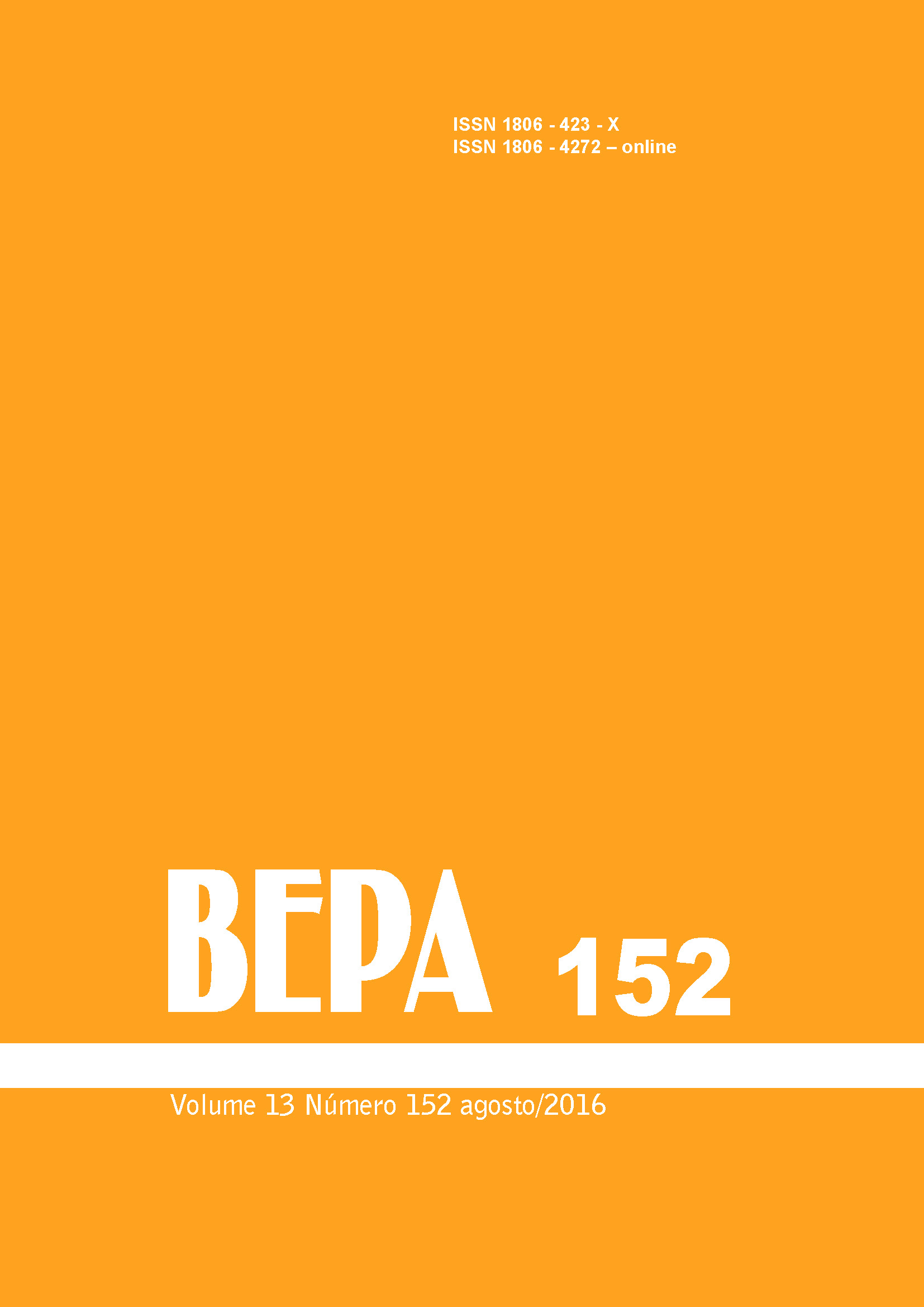Abstract
KPC (Klebsiella pneumoniae Carbapenemase) is an enzyme that confers resistance to all beta-lactams, including carbapenems. Klebsiella pneumoniaeproducing KPC causing nosocomial outbreaks were first reported in New York (2004) and nowadays this KPC-producing microorganism is disseminated worldwide. KPC-producing K. pneumoniae isolated in 2005 was first described in Brazil and from 2009 has spread through several hospitals in Sao Paulo State, as well as other states. The aim of this study was to evaluate the genetic diversity of KPC-producing K. pneumoniae isolates from several hospitals in Sao Paulo State performing MLST and PFGE to detect clonal spread within and among hospitals. A total of 100 isolates of K. pneumoniae from several hospitals in Sao Paulo State sent to Adolfo Lutz Institute and previously confirmed in our laboratory as KPC producers were selected and subjected to Pulsed Field Gel Eletrophoresis (PFGE) and Multi-Locus Sequence Typing (MLST). Eleven PFGE profiles were detected and the profile A was the prevalent, found in 61% of the strains. MLST showed 8 different sequence types (ST) and the ST437 was predominant in 73% of the isolates, followed by ST11 (11%), ST340 (7%), ST258 (3%), ST442 (2%) E ST101 (1%) and two new STs were described, ST1044 and ST1046. PFGE and MLST data showed how strains are disseminated among hospitals and among cities increasing the dissemination of resistance mechanisms such as ESBL-producing, carbapenemases and 16S rRNA methylases. ST437, ST11, ST340 and ST258 belong to the same clonal complex denominated CC258 that are globally disseminated and associated with the production of KPC and CTX-M. The prevalence of the clone belonging to ST437 and to the PFGE A profile was observed in 59% of the isolates. This may suggest a correlation between PFGE and MLST results, althought it was observed different PFGE profiles in the same ST and different ST in the same PFGE profile.

This work is licensed under a Creative Commons Attribution 4.0 International License.
Copyright (c) 2016 Gabriela Rodrigues Francisco, Doroti de Oliveira Garcia (orientadora)
